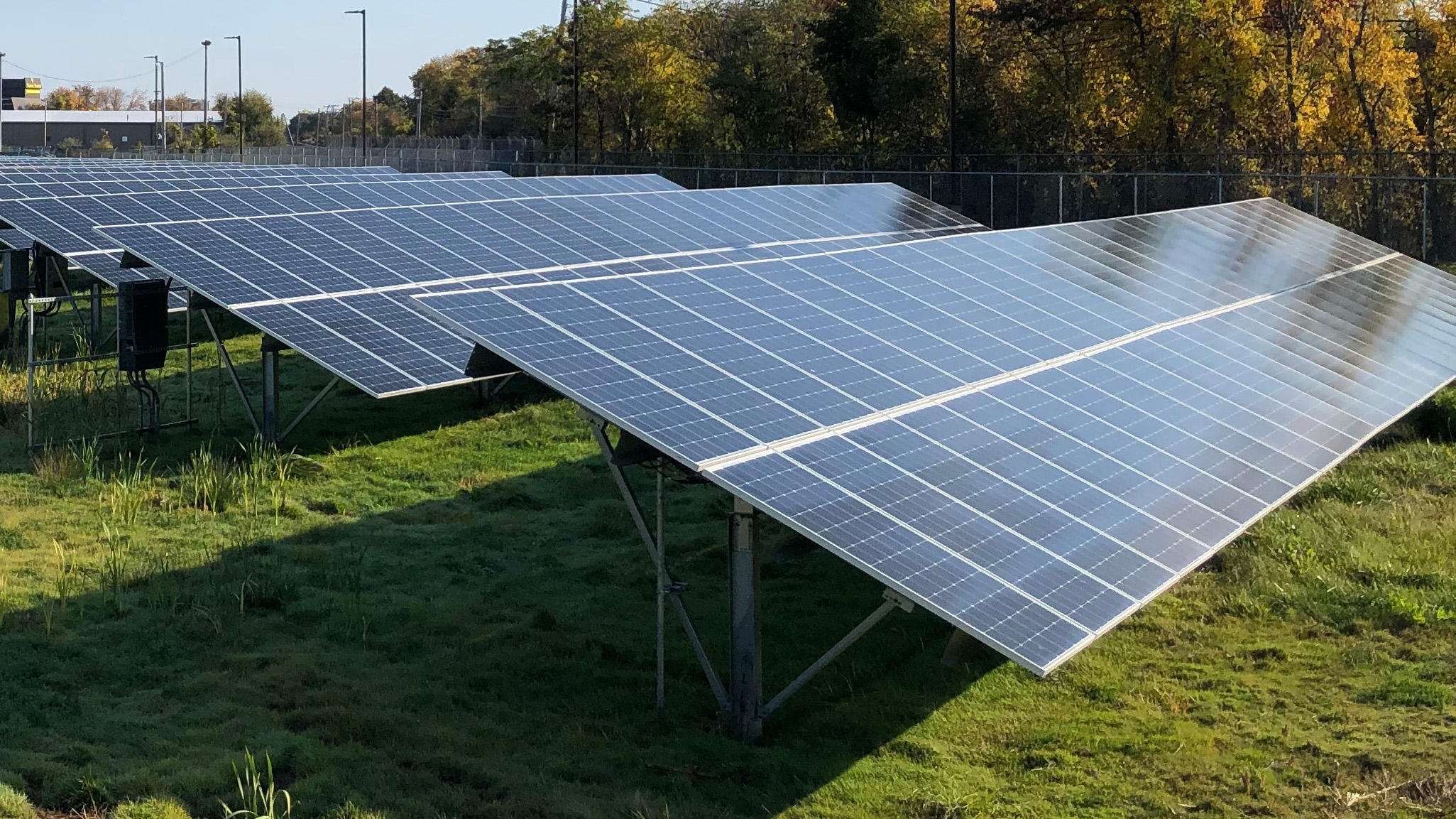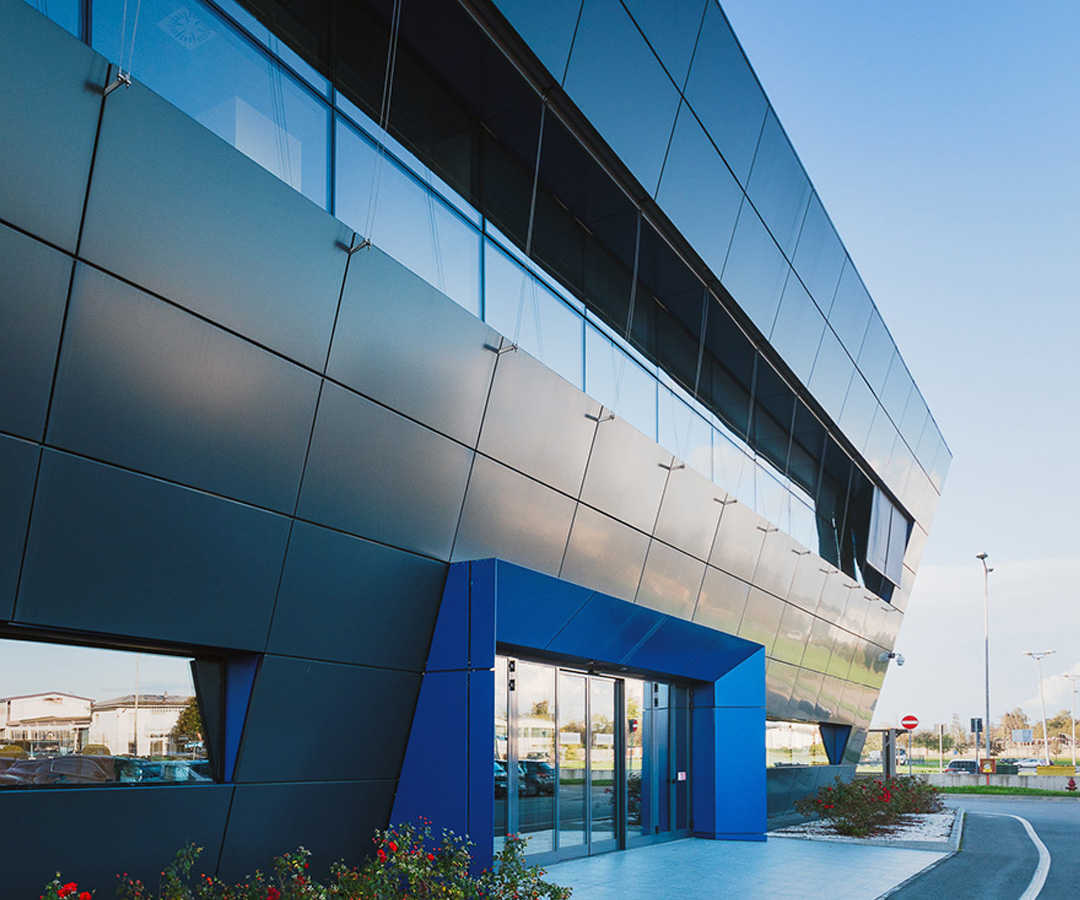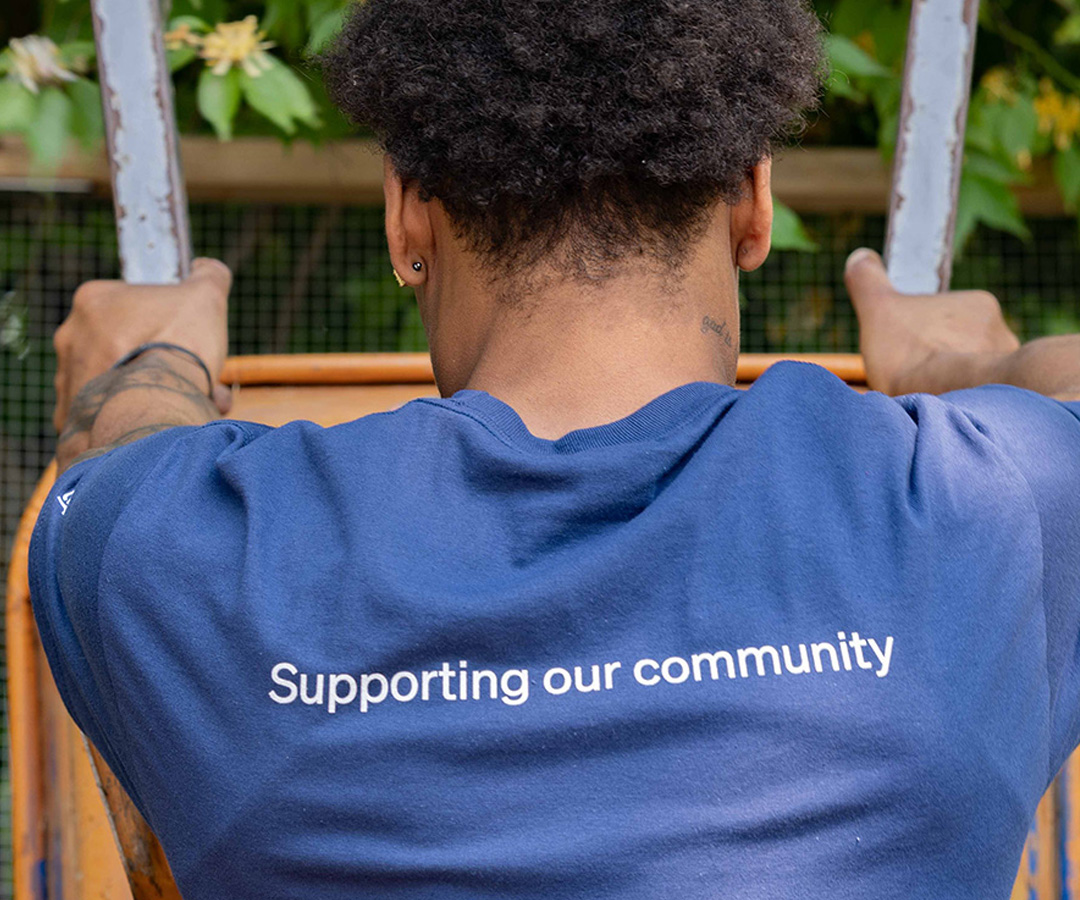Optimizing Operations

Investing now
for what's next
Our goal is to achieve net zero carbon for Scope 1 and 2 operational emissions by 2030. We're using FLIGHT DECK to reduce energy waste and increase energy efficiency while transitioning to decarbonized power globally. While we are focused on driving absolute reductions to achieve net zero, where necessary, we plan to balance remaining emissions with high-quality carbon credits.

Net zero carbon for Scope 1 and 2 operational emissions
- Improving efficiency: In 2023, GE Aerospace introduced a Carbon KPI focused on reducing carbon emissions at more than 60 sites across 15 countries.
- Transitioning to carbon-free electricity: Our efforts focus on infrastructure investments and lean operations to improve energy efficiency and move toward sourcing more carbon-free electricity.
- Using more low-carbon fuels in engine testing.

GE Aerospace's
Green Team Network
The Green Team Network at GE Aerospace welcomes all employees to learn, connect and advocate on environmental issues. The Green Team Network furthers GE Aerospace’s goals to reduce CO2 emissions at facilities with a grassroots-driven approach. Its members are passionate GE Aerospace employees from around the world who help educate peers, share best practices, and execute local projects in support of the United Nations Sustainable Development Goals.